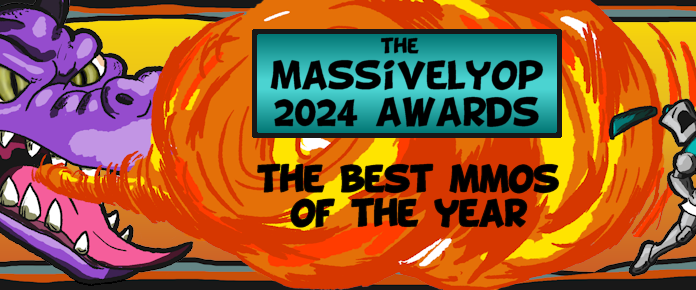
People always get nostalgic for City of Heroes around the time of its anniversary, even though it’s gone. It’s not just players, either. Former artist Christopher Bruce, better known to players by his forum/in-game handle of Back Alley Brawler, hosted an impromptu AMA for fans on Reddit about his time with the project and his memories of working at Paragon Studios and Cryptic Studios before that.
While there are some questions that Bruce doesn’t know the answer to (like questions about the planned future of the Incarnate system), he’s quite open in discussing the environment behind the scenes of the studio:
Everyone was generally open to feedback from players and especially the other members of the development team. Again, there’d be disagreements and someone like Matt or Ken would have to just make the call they felt was best, but I never felt undervalued or like I had no voice in the project.
He’s also asked about the background of the original efforts to purchase CoH from NCsoft.
Honestly, I haven’t followed it that much. I’ve no idea what kind of negotiations any third party has had with NCSoft. I know that Matt Miller once confided that Paragon tried to acquire the franchise from NCSoft and go at it on their own, but the big hangup was the liability of active accounts and how all of that got transferred from one owner to another. Like acquiring CoH a year after it had shut down would have been more likely, but by then it would be too late to matter. Pretty sure Cryptic approached NCSoft about re-acquiring City of Heroes when they shuttered Paragon as well. I have no specifics about it, but clearly nothing came of that.
This was the second MMO I worked on that was shut down by NCSoft, and NetDevil did a similiar thing where they tried to assume all operational costs in order to keep Auto Assault live. At the time, NCSoft seemed to have this ‘go big, or go home’ attitude about their franchises. They would have rather completely shut down prematurely than let it linger on, even it if was profitable.
In my experience, every publisher will always talk as if they’re on the verge of signing a deal even if there’s zero chance of that ever happening. It costs them nothing to say that. But when it comes time to writing up contracts and signing paperwork, that’s where the process stalls out.
If you’re curious to see more of the behind-the-scenes stories or know more about Bruce’s contributions to the game’s legacy, read through the whole thread. The game may have gone away, but the community is still pretty strong.













